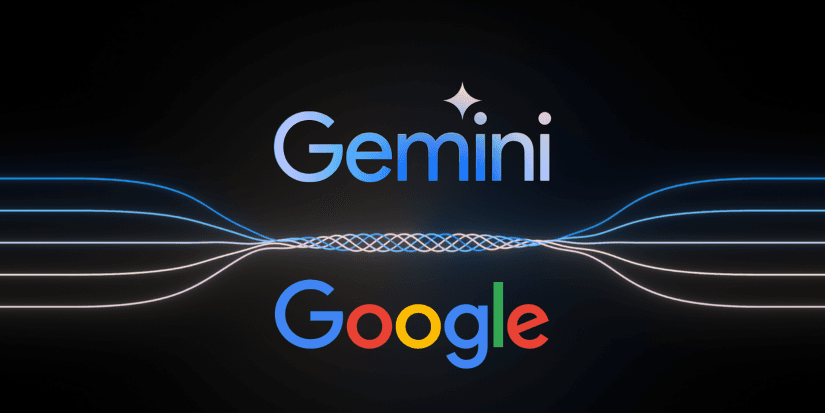Google and Alphabet CEO Sundar Pichai introduces Gemini, an AI model that promises to advance science, economy, and creativity on an unprecedented scale. This model, developed in collaboration with Google DeepMind, is not only the most capable AI model from Google but also the most accessible for developers and businesses worldwide.
Google's launch of Gemini is a key moment in AI development and offers unparalleled performance across various domains. The first version, Gemini 1.0, comes in three variants: Ultra, Pro, and Nano, each optimized for specific tasks and devices. Notably, Google claims that Gemini is smarter than human language experts.
What does this mean for companies and organizations?
The impact of Gemini on businesses and organizations is immense, and the integration of Gemini into Google's search engine and Chrome browser could be a turning point. Currently, Google Search is already testing the technology, and the model offers advanced capabilities in understanding and combining different types of information, such as text, code, audio, images, and video. This flexibility makes it a powerful tool for a wide range of applications. Additionally, it has drastically reduced response times for searches. Organizations can expect a smoother and more intuitive search experience. This leads to faster and more accurate information, making the workplace more efficient.
Gemini also plays a crucial role in enhancing chatbots like Google's Bard. This integration can transform the interaction with AI assistants. They become not only reactive but also provide proactive contextual insights. This opens up new opportunities for customer service and automated assistance.
Competitive Advantage: Gemini vs. ChatGPT
How does Gemini compare to competitors like OpenAI's ChatGPT? Google claims that Gemini outperforms GPT-3.5. However, the comparison with GPT-4 remains unclear. This opens the door for new developments and competition in AI.
Here is a comparison of Google Gemini and ChatGPT in five key areas:
Size:
Google Gemini is significantly larger than ChatGPT, with 175 billion parameters compared to ChatGPT's 175 billion parameters. This means that Google Gemini has a larger vocabulary and can generate more complex and refined text.
Multimodality:
Google Gemini is multimodal, which means it can process and generate text, images, and other types of data. This makes it more versatile than ChatGPT, which can only process text.
Efficiency:
Google Gemini is more efficient than ChatGPT, which means it can generate text faster and with fewer computing resources. This makes it more scalable and suitable for practical applications.
Memory and planning:
Google Gemini is designed with better memory and planning capabilities than ChatGPT. This means it is better equipped to understand the context of a conversation and generate more relevant and coherent text.
Future potential:
Google Gemini is still in development, but it has the potential to become even more powerful than ChatGPT. This is because Google Gemini is being designed to enable future advancements in LLM technology, such as enhanced memory and planning. This opens up exciting prospects for the future of AI.
Gemini's role in technological advancement
Gemini is now available in various Google products and services and will soon be accessible to developers via the Gemini API. This launch marks the beginning of a new era in AI development, an era in which the boundaries of innovation are constantly being pushed. This development is more than just a step forward; it has profound implications for how we search for, process, and use information.
Want to learn more about this powerful AI model? Then check out this
in which Sundar Pichai explains Gemini.
It seems that there is no text provided for translation. Please provide the text you would like me to translate from Dutch to English.

